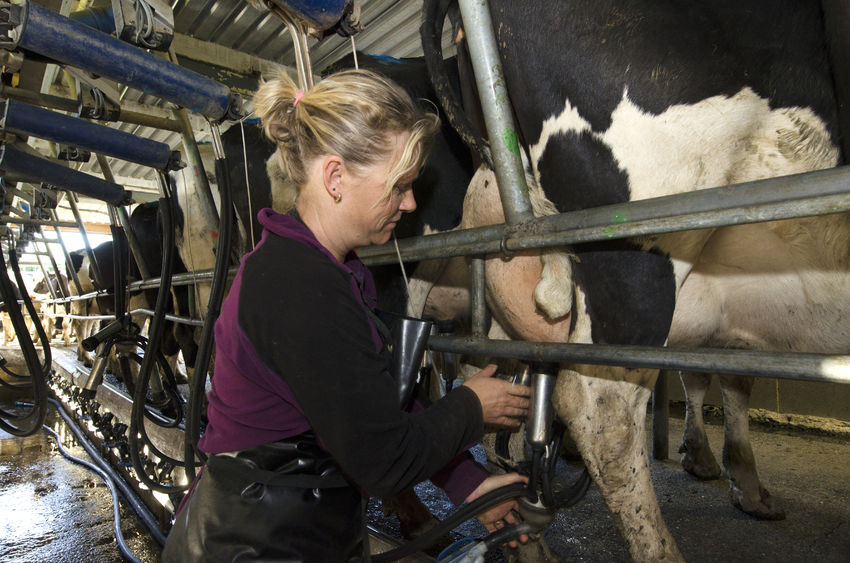
The gender pay gap in agriculture has fallen by 9 percent in the last decade, according to a new report.
The report, by business advisers Informi, shows that women who earned just 77p for every £1 a man earned in the agricultural industry back in 2008 now earn 86p, meaning that the remaining gender pay gap in the industry stands at 14%.
Since 2008, female hourly pay in agriculture has increased by 22%, while male hourly pay over the same period has increased by 9% – meaning that the overall gender pay gap has narrowed by 37%.
Across all small business-dominated industries, the gender pay gap is falling at twice the rate as that of all companies across the UK.
The research found that while the national gender pay gap was at 21% ten years ago, and at 22% in SME-dominated industries, current wage inequalities in those sectors with a greater number of SME employees has fallen to 13%, compared to a national average of 17%.
With a 9% overall fall in the gender pay gap across these SME-dominated industries over the last ten years, the sectors are set to eradicate the remaining 13% average wage inequalities by 2034, should it continue to fall at current rates.
'Lifeblood of the economy'
Darren Nicholls, product manager for Informi, said small businesses are the "lifeblood" of the UK economy, which includes many rural and farm businesses.
“Tthis report demonstrates that they are blazing a pathway towards wage equality and helping to eradicate the gender pay gap,” Mr Nicholls said.
“Small businesses are not shackled by tradition, legacy or bureaucracy in the same manner as many large companies can be. That said, clearly a double digit gap is still far too high. There’s a great deal more to be done, with some industries lagging behind others in implementing the necessary changes to ensure that females get just as many opportunities to thrive in their profession of choice.
“The fact that mandatory reporting has been brought in by the Government for larger companies should act as an encouragement for small businesses to consider female progression within their own firms, auditing their own internal data and acting upon their results.”
